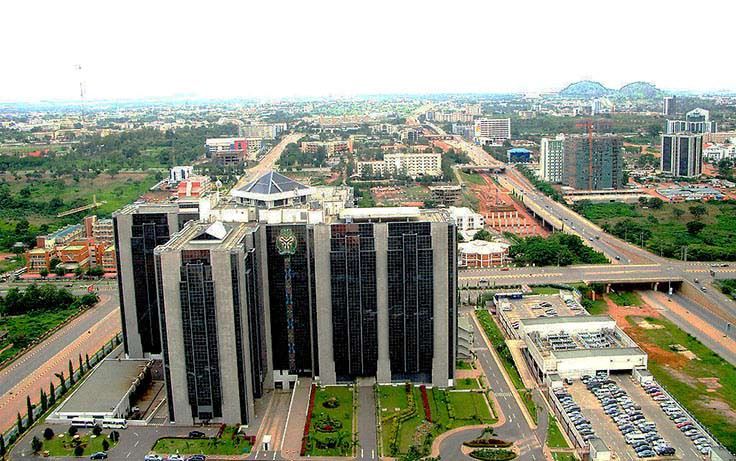Just last week, the Central Bank of Nigeria announced its decision to maintain 5% as the ceiling for ways and means advances to the Federal Government for the fiscal year 2024-2025, after a House of Representatives Bill had passed a Bill recently to increase it to 10%.
I will attempt to break down this decision to limit government borrowing through "ways and means" to 5% instead of the proposed 10%.
In simple terms, "ways and means" refers to the Central Bank of Nigeria lending money to the federal government to cover temporary budget shortfalls. The CBN has decided to cap this borrowing at 5% of the previous year's actual revenue, instead of the 10% proposed by the legislature.
This decision affects ordinary Nigerians in several ways. For one, excessive borrowing through "ways and means" can lead to inflation, which reduces the purchasing power of citizens. By limiting borrowing, the CBN aims to curb inflation and maintain economic stability. However, if the government is unable to borrow sufficient funds, it may lead to reduced public spending, which could impact essential services and infrastructure development.
The implications of this decision are multifaceted. First of all, the 5% cap limits the government's ability to borrow excessively, which can help reduce inflation and maintain economic stability. Secondly, by limiting borrowing, the government is forced to be more transparent about its finances and revenue projections.
Next to this is the fact that if the government is unable to borrow sufficient funds, it may lead to reduced public spending, which could impact essential services and infrastructure development.
In all, the CBN’s decision was a good call, a positive step towards maintaining economic stability and reducing inflation. However, it is essential to consider the potential impact on public spending and essential services.
Although, according to Section 38 of the CBN Act, 2007, the apex bank may grant temporary advances to the Federal Government with regards to temporary deficiency of budget revenue at such rate of interest as the bank may determine, one is tempted to ask if it is an option that should be put on the table repeatedly as has been the case in recent years...and more especially following the reported abuse of the provision.
The provision allows federal government to borrow temporarily to cover budget shortfalls. While it can be useful in times of crisis, its abuse can lead to economic instability. Retaining the provision with strict guidelines and oversight is a more balanced approach.
Taking the decision to keep it at its previous rate was a prudent decision and highlights the determination by the CBN to keep a tight, prudent rein on the economy.
Increasing the borrowing limit to 10% would certainly provide the government with more resources in the short term. However, it is essential to consider the long-term implications of excessive borrowing, including inflation, reduced economic stability, and increased debt servicing burdens. These are most likely the factors the Bank considered in its decision making.
Increasing borrowing limits would further could worsen the inflation that we are currently battling, as excessive money supply can lead to higher prices and reduced purchasing power .
The CBN has demonstrated similar prudence in the management of the economy so far in 2024.
One notable example is the CBN's efforts to manage monetary expansion. According to the Central Bank of Nigeria's Economic Report ¹, monetary expansion in January 2024 was in line with expectations, indicating the CBN's ability to manage liquidity and maintain economic stability.
Additionally, the CBN has been working to strengthen its macroeconomic outlook. The 2024 CBN Macroeconomic Outlook report highlights the bank's efforts to improve its forecasting and modeling capabilities, which enables more informed decision-making and effective management of the economy.





